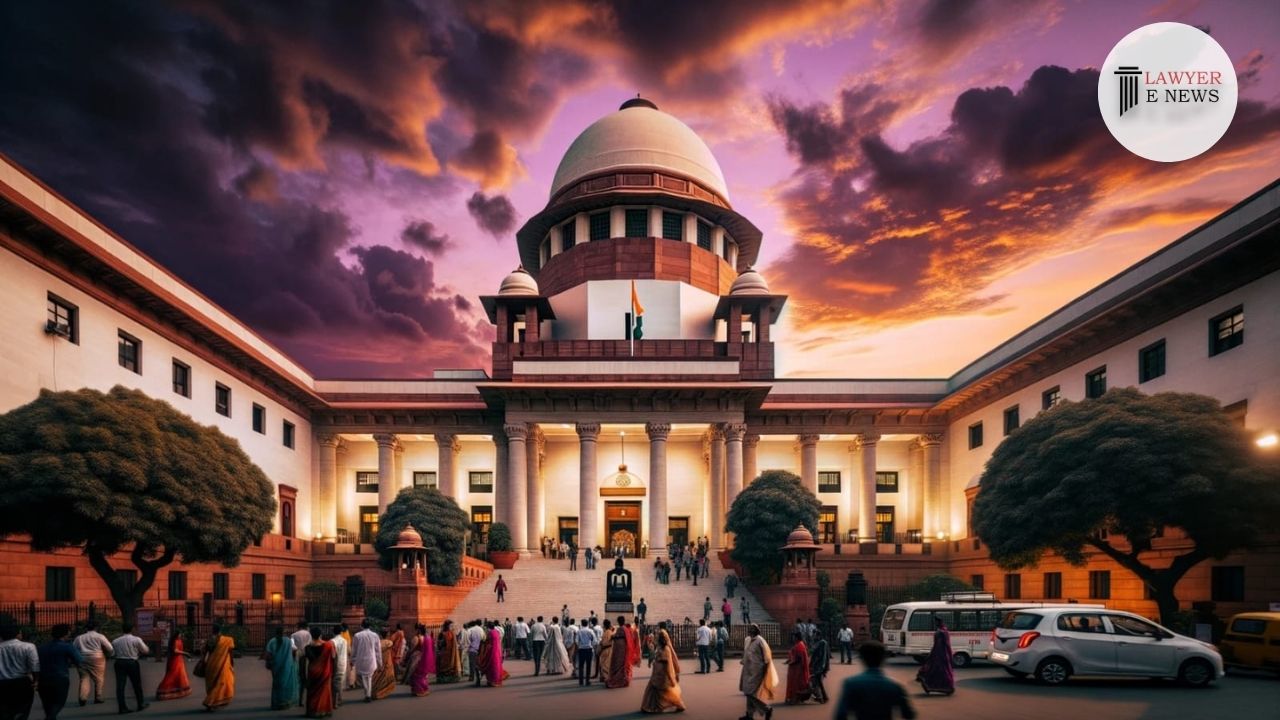-
by sayum
14 February 2026 2:22 PM



In a recent landmark judgment, the Supreme Court of India suspended the sentence of an applicant involved in a conspiracy and murder case, highlighting humanitarian considerations. The decision was rendered by the bench of HON'BLE MR. JUSTICE SURYA KANT and HON'BLE MR. JUSTICE DIPANKAR DATTA on October 3, 2023.
The case involved the applicant's conviction, along with co-accused, for hatching a conspiracy and committing murder. According to the prosecution, the conspiracy revolved around eliminating the deceased, who was allegedly having an affair with one of the co-accused. The tragic incident unfolded when the deceased was called to a house and served an intoxicating drink, subsequently leading to his murder.
The Trial Court had convicted the applicant and co-accused under Sections 302, 120B, and 201 of the Indian Penal Code (IPC), sentencing them to life imprisonment. All three accused had appealed to the High Court, where the applicant's appeal was dismissed, while one co-accused was granted the benefit of doubt.
The Supreme Court, in its observation, took into account the applicant's custody period, which amounted to 10 years and 9 months, as well as the urgent medical needs of his newborn daughter. Recognizing the humanitarian aspects, the Court allowed the suspension of the applicant's sentence and directed his release on bail.
In a significant statement, the Court remarked, "Taking into consideration all the attending circumstances but without expressing any views on the merits of the case, the application is allowed and the sentence awarded to the applicant/appellant is suspended and he is directed to be released on bail."
This decision by the Supreme Court underscores the judiciary's commitment to considering humanitarian grounds while ensuring justice is served. It serves as a reminder of the delicate balance between justice and compassion in legal proceedings.
Representing the applicant were a team of dedicated advocates, including Mr. Ishan Kapoor, Mrs. Gargi Khanna, Mr. Joginder Tuli, Ms. Joshini Tuli, Mr. Lalit Khanna, and Mr. Rameshwar Prasad Goyal. The respondents were represented by Mr. Chirag M. Shroff, Mr. Gurmeet Singh Makker, Mr. Ishan Kapoor, Mrs. Gargi Khanna, Mr. Joginder Tuli, Ms. Joshini Tuli, and Mr. Lalit Khanna.
This decision sets a precedent for the consideration of humanitarian factors in similar cases, reaffirming the importance of empathy in the legal system.
Date of Decision: 03-10-2023
KHADAK PRASAD vs STATE (NCT OF DELHI) & ANR.
